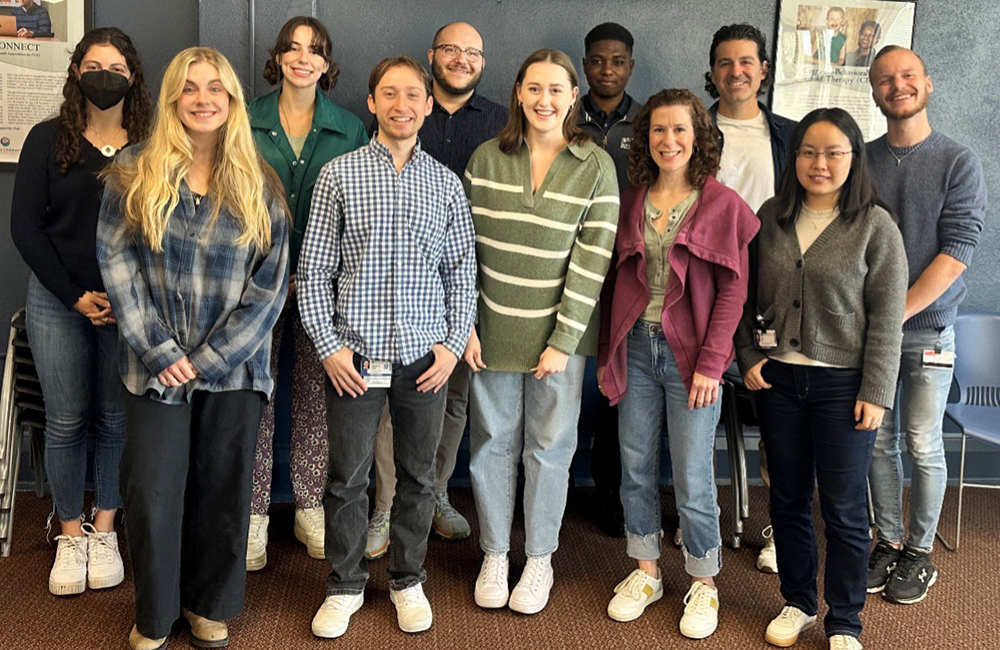Aim 1
Investigate the long-term impact of child maltreatment on physical and mental health in middle adulthood

The Family Health Study is a study examining the long-term impact of child maltreatment on physical and mental health in adulthood and across generations. The study is following a cohort of people who originally participated in a research summer camp study and are now in middle adulthood. The Family Health Study represents the 3rd wave of data collection with these participants (wave 1-childhood, wave 2-young adulthood, wave 3 (current)-mid adulthood). This study is particularly interested in the biological embedding of stress and how exposure to child maltreatment may impact different biological systems to influence health throughout life and throughout generations. A particularly novel part of this study is the inclusion of the original participants’ (who are now adults) children to determine how a history of exposure to maltreatment in childhood may affect the health and wellbeing of the next generation.
Investigate the long-term impact of child maltreatment on physical and mental health in middle adulthood
Determine the impact of child maltreatment on women’s reproductive health
Test the impact of parental history of child maltreatment on child offspring health
CAN is an enduring predictor of adult social difficulties in intimate partner relationships and caregiving of offspring. However, little is known about how, why, and when CAN increases vulnerability to adulthood relationship problems. The aim of Project TRAIL is to examine the adult intimate partner and parent-child relationship sequelae of adverse and benevolent socialization experiences in childhood.
Prospectively examine how CAN dimensions might operate as sources of variability in multiple adult experiences in intimate partner and parent-child relationships
Test neurocognitive functioning, psychopathology, parent-child attachment representations, and social competence as mediating mechanisms in links between CAN adult experiences in intimate partner and parent-child relationships
Identify sources of heterogeneity in the relational sequelae of CAN within a multi-level moderator framework including: intrapersonal attributes, family characteristics, and ecological characteristics
The pilot study will examine the feasibility and acceptability of augmenting TF-CBT with socialization practices to improve outcomes and support parenting strategies. The goal is to promote positive identities for youth facing the combined effects of child abuse and neglect histories and socioecological stresses at many levels.
From a community-based participatory research framework, engage community partners and assess acceptability of augmenting TF-CBT for youth ages 10-15, as well as to inform study design and implementation via focus groups with stakeholders (youth, family, mental health clinicians) to inform Aim 2.
Evaluate the feasibility of a pilot randomized control trial testing the augmentation of TF-CBT to improve coping and socialization, and to reduce mental health symptoms in youth with child abuse and neglect (CAN) histories and socioecological stresses at many levels.
Investigate whether TF-CBT leads to greater improvement in mental health symptoms for youth with CAN when augmented with addressing socioecological stresses.